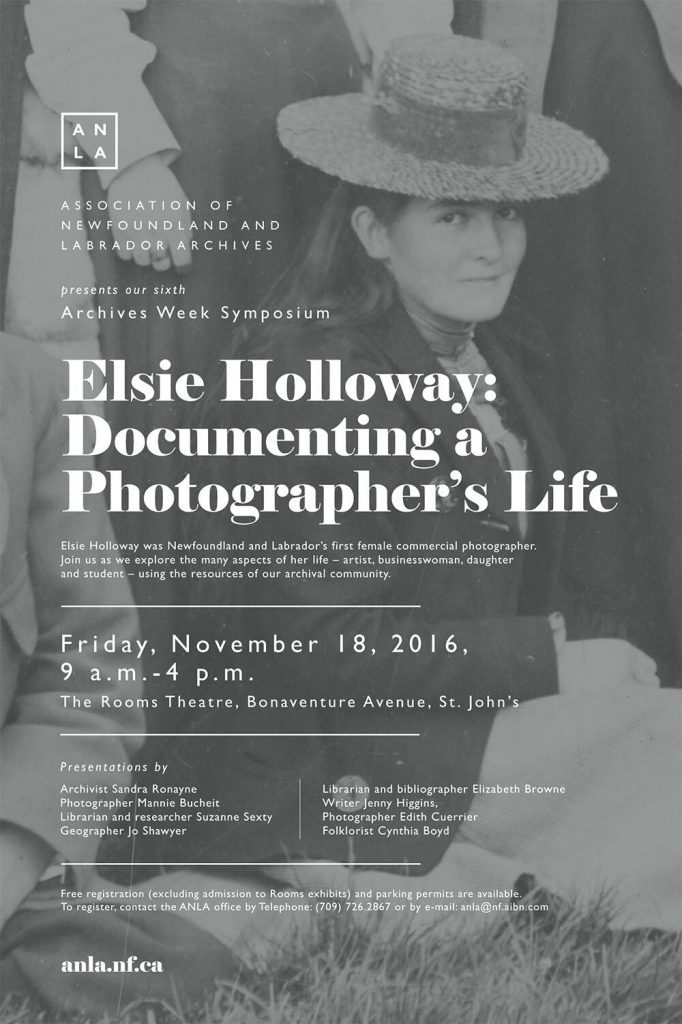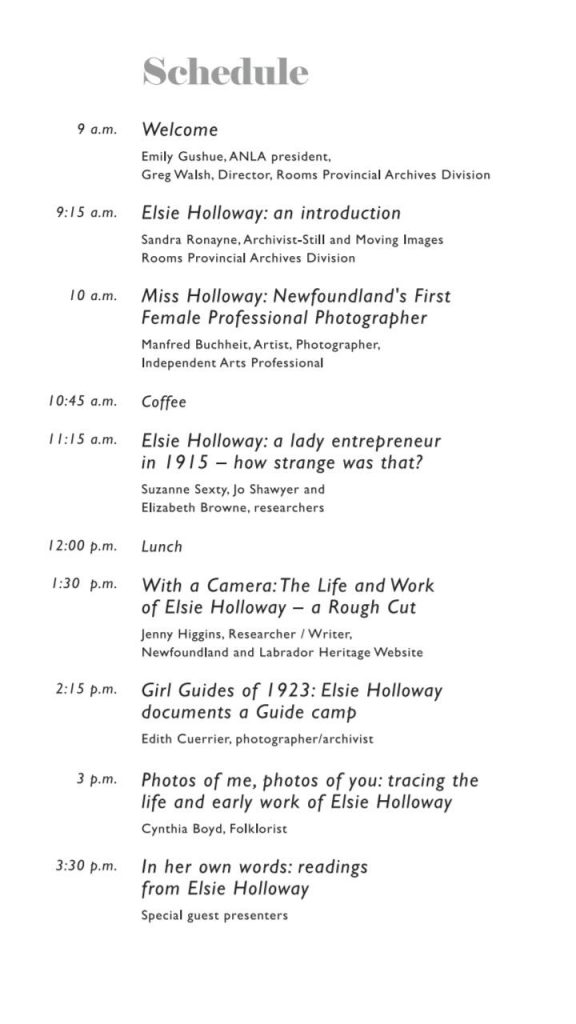New Rooms Legislation
Dear ANLA members:
On Wednesday the new version of the Rooms Act received second reading in the House of Assembly. In addition to some housekeeping-type revisions, the bill (Bill 56) revises the structure of The Rooms Corporation of Newfoundland and Labrador, in order to make the structure more flexible, by removing the requirement for separate divisions and directors for the archives, museum and art gallery. You can read the discussion about this in Hansard here http://www.assembly.nl.ca/…/hansa…/ga48session1/16-12-06.htm .
We contacted the minister’s office on Wednesday for an appointment ASAP, and received an invitation 10 minutes later to a meeting on Thursday morning at 11:45 a.m. Present at the meeting were ANLA president Emily Gushue, Minister Mitchelmore, Deputy Minister Ted Lomand, Assistant Deputy minister Carmella Murphy, Senior Policy & Program Development Specialist Christina Harrington and ANLA’s Archives Advisor, Mary Ellen Wright.
When we asked about the changes to the Act the minister said that this change is in line with the structures of the acts of other crown corporations. He states in various places and stated at yesterday’s meeting that this does not mean any change to the way The Rooms actually operates. We indicated that our concern was with what might be made possible by the changes to the act, especially in terms of a revision of the administrative structure and functions of the three sister institutions.
We outlined our concerns as follows:
1. Lack of consultation: In addition to being a significant repository in its own right, The Rooms Provincial Archives Division is an important and influential member of the provincial archival community. That being the case, decisions about its operation have a province-wide impact and should be explored with the community and its representatives. We expressed particular concern about the apparent lack of consultation with the professional archival community or with archives users.
2. The increasing emphasis on exhibits and public programming, which is evident in the revisions, will come at the cost of such essential archival functions as arrangement, description and preservation. This will be much more likely to happen if archives division functions are merged into an overarching “collections” division, as is already reflected in the organization of the Rooms website. The internal operation of The Rooms must recognise the role of the archives – and of the museum and the art gallery – as stewards and preservers of our provincial cultural heritage rather than simply as purveyors of raw material for public programming events. Exhibits and public programming are essential functions for The Rooms, but they are not, and should not be, its driving functions.
3. Lack of context: There is no indication that there has been any review of possible models or precedents for this reorganization. Examples mentioned in the Hansard debate include the Glenbow Museum, which is privately-endowed, and the Royal British Columbia Museum, whose amalgamation with the British Columbia Archives has been fraught with administrative and operational problems. The provision of examples of the proposed alteration to the operative model is essential.
4. Lack of understanding of the nature of archives: While archives do provide curated versions of some of their holdings from time to time, their principal function is as an information resource – for individuals, communities, museums, art galleries, businesses, artists and government, among many others. They do not hold ‘examples’ of things but offer thousands of metres of unique items which must be catalogued in order to be accessible for any purpose. Any implementation of the newly amended legislation must recognize not just the shared functions of The Rooms institutions but their distinctly different functions.
5. The unwarranted speed and the perception of secrecy of the amendment process are also a concern for us: if these amendments are so reasonable and important why could they not have been explored via stakeholder consultation before the bill entered the House? We suggested that the rapid backlash to the suggestion of revisions to the act indicates a breakdown in important community relationships between The Rooms administration and stakeholder groups.
With all that being said, the atmosphere at the meeting was not negative or adversarial. We indicated that as an association we were proud of the accomplishments of the Rooms and were discussing our concerns as people who want the best of standards for our member organization and provincial archival flagship. We told the minister and his colleagues that we would continue to monitor the situation and to push for stakeholder consultation as we saw fit.
If ANLA members have any comments or concerns about this whole affair, please contact both your MHA and the ANLA office.
Emily Gushue
President
Association of Newfoundland and Labrador Archives


